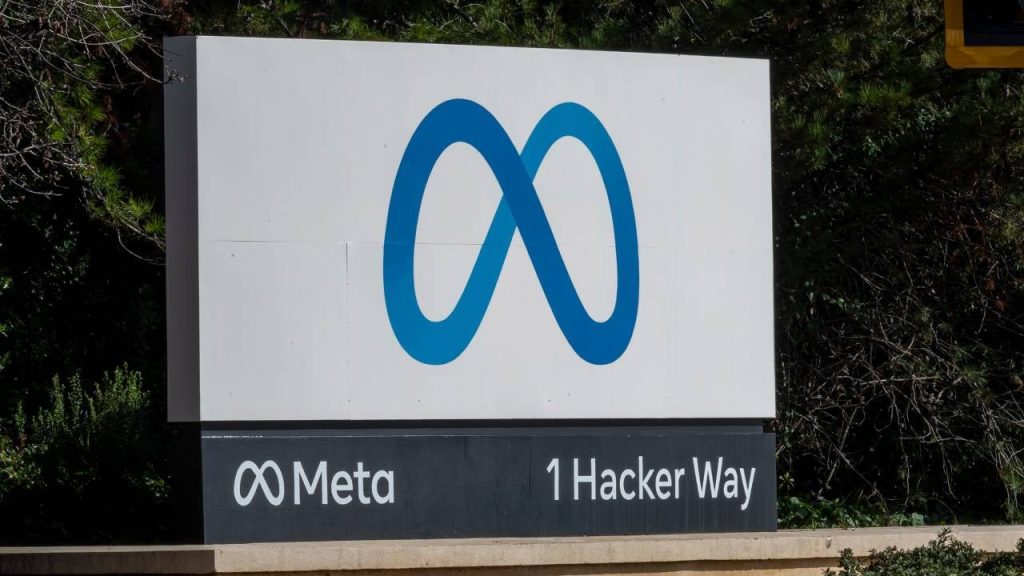Meta Platforms’ (META) antitrust trial kicks off this week, where it will defend itself against allegations from the U.S. Federal Trade Commission that it illegally purchased Instagram and WhatsApp in 2012 and 2014, respectively. The FTC argues the company should be forced to divest the two apps.
Meta executives including CEO Mark Zuckerberg and former COO Sheryl Sandberg are expected to testify during the trial, which will likely last several weeks. Leaders from social media rivals such as TikTok, Snap (SNAP) and YouTube are also expected to testify.
A final decision could still be years away, according to analysts, but the trial will be closely watched by tech investors and could lead to Meta having to sell Instagram and WhatsApp, even though the deals were approved by regulators at the time they were made.
Here’s what investors should know about the Meta antitrust trial.
Need an advisor?
Need expert guidance when it comes to managing your investments or planning for retirement?
Bankrate’s AdvisorMatch can connect you to a CFP® professional to help you achieve your financial goals.
Meta Platforms’ antitrust trial: What’s at stake
The FTC’s antitrust case against Meta is set to go to trial on April 14. Here’s what’s at stake:
- The FTC is suing Meta, alleging that the company’s acquisitions of then-new competitors Instagram and WhatsApp more than a decade ago maintained Meta’s monopoly in the “personal social networking services” market.
- Though the acquisitions were approved by regulators at the time, the FTC argues that Meta should be forced to divest the two apps to restore competition to the market.
- Meta is expected to argue that it faces competition from companies well beyond those identified by the FTC, including TikTok, X, YouTube and LinkedIn.
- Meta CEO Mark Zuckerberg has been lobbying President Donald Trump and White House officials to settle the case, according to The Wall Street Journal.
A key aspect of the case centers around how the market for social media is defined. The FTC argues that Meta faces only two competitors: Snap and the MeWe app. But Meta will argue that its list of competitors is much longer.
“The FTC’s case ignores how the market actually works and chases a theory that doesn’t hold up in the real world,” Meta Chief Legal Officer Jennifer Newstead wrote in a blog post before the trial started. “The evidence at trial will show what every 17-year-old in the world knows: Instagram competes with TikTok (and YouTube and X and many other apps).”
FTC vs. Meta Platforms: Potential outcomes
The trial itself is expected to last for weeks and a final resolution may not be known until 2027, according to Bank of America analyst Justin Post. Here are a few potential outcomes for how the trial could play out, according to Post.
- The judge rules in Meta’s favor and the company is allowed to continue owning Instagram and WhatsApp without restrictions.
- The judge rules in favor of the FTC, but imposes behavioral remedies instead of requiring Meta to divest the two apps. Constraints on Meta could include data-sharing restrictions, operational firewalls or being forced to share data with competitors. This result could slow innovation and pressure Meta’s margins, Post says.
- The judge rules in favor of the FTC and requires Meta to divest Instagram, WhatsApp or both.
The company would likely appeal any ruling in favor of the FTC, according to Post.
Meta purchased Instagram for $1 billion in 2012 and WhatsApp for $19 billion in 2014. Instagram has helped Meta stay relevant with young people and generated over $50 billion in advertising revenue in 2024, according to Bank of America estimates.
WhatsApp plays a key role in Meta’s international growth, as it is the main messaging platform in key emerging markets. The app has more than 2 billion global users.
Read the full article here









